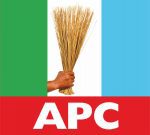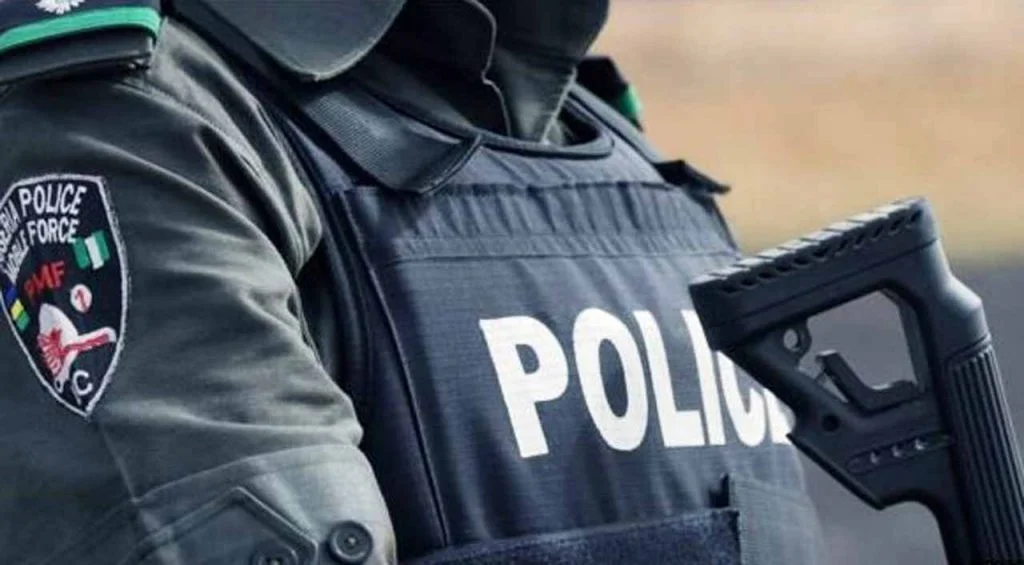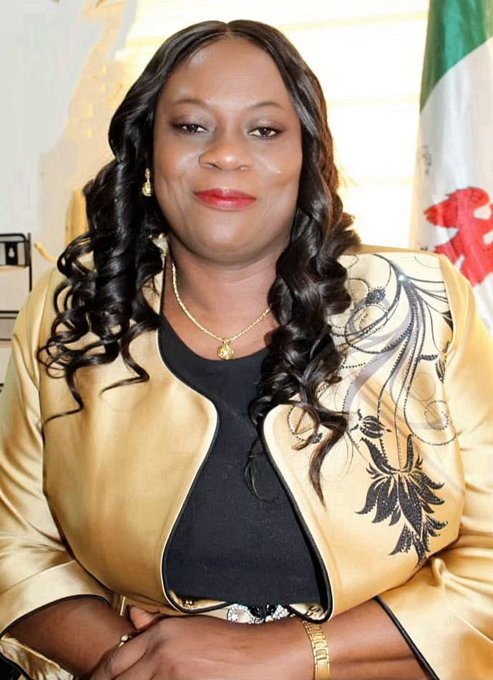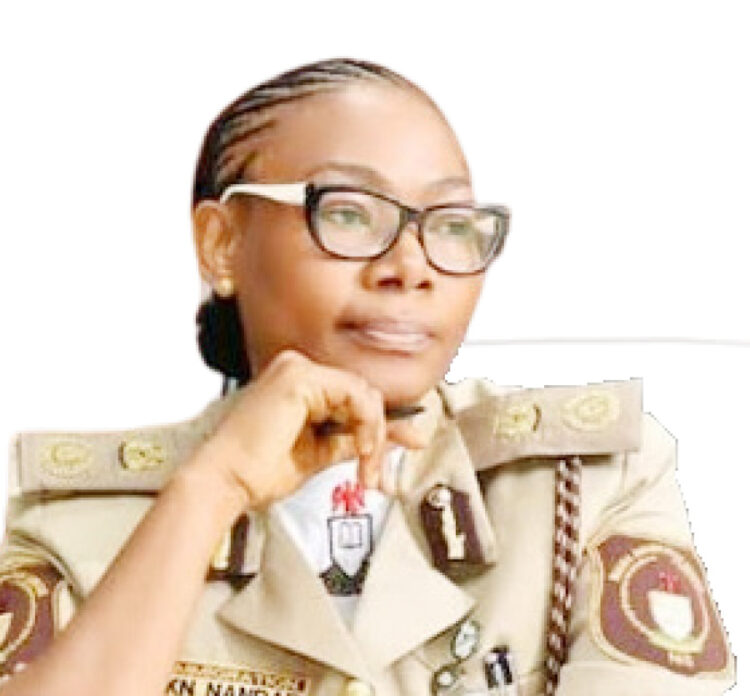Constitutional Provisions: Nigerian President And The Congress
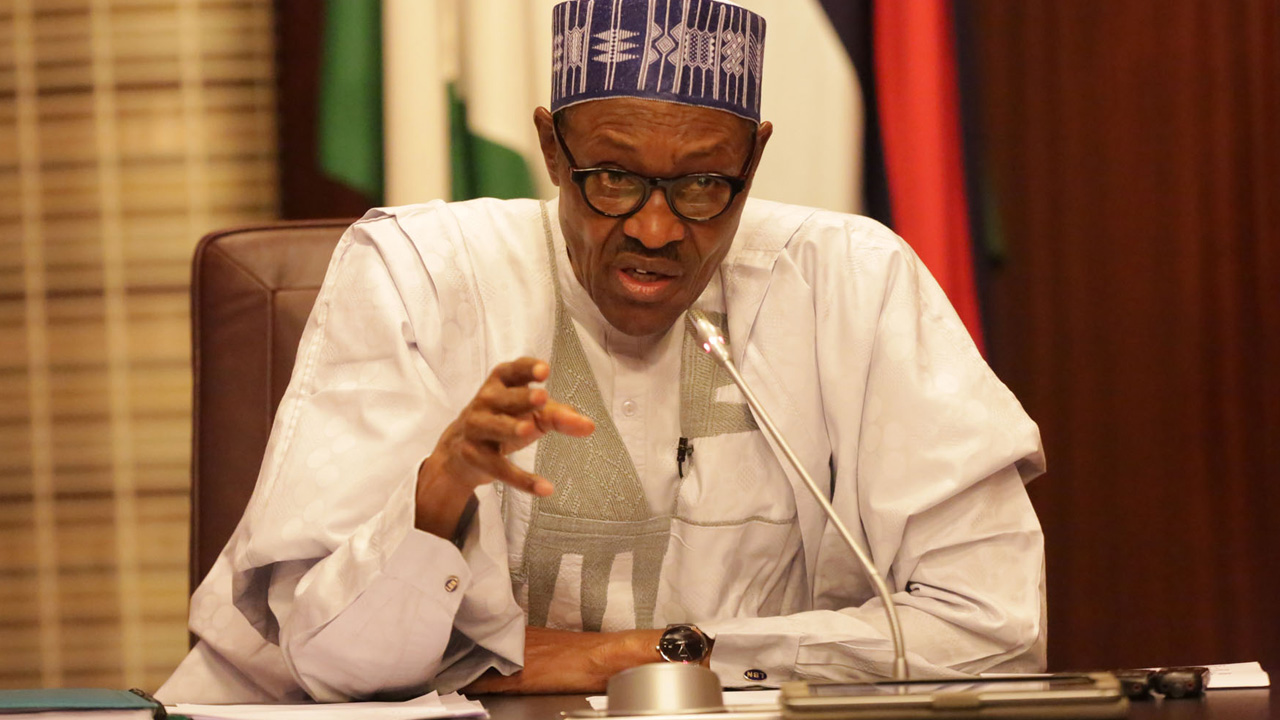

Under democracy, one party always devotes its chief energies to trying to prove that the other party is unfit to rule and both commonly succeed and are right- H.L Mencken, 1956.
I wake up every morning to think of what I can contribute to the much-desired growth of Nigeria through the widely circulated and read Nigeria Guardian newspapers but found myself usually daunted with unending reports on corruption. The theft of our country’s wealth appears to be an epidemic that is yet unabated, despite the application of all known medications. It all reminds me of Robert B. Reich who, in his book ‘Beyond Outrage’ asked ‘‘what has gone wrong…?’’ The looting machinery in Nigeria is now being used by fratricidal warlords, oligarchies and many so-called government officials involved in dubious operations that are far worst that dastard activities of smugglers, motivated murderers (hire killers), kidnappers and highway robbers, all combined. The only game in the country that has gone haywire and vigorously played by people is the looting spree.
I sympathise with President Buhari who is now living between winning and losing the battle of reviving the economy and ancillary corruption. Ruchir Shama in his book, Breakfast Nations said, “Nigeria has been infamous for some of the most corrupt regimes in Africa.” While the Swiss authority once declared Nigeria as a ‘criminal enterprise.’ The government cannot continue to shelter the super Chief Executives that perpetrate corruption while crushing the masses who sacrificed their lives to vote into despicable hunger and deprivation. It is now obvious that president urgency, consider using his right-hand partners particularly, the Congress, in the fight against corruption if the desired results were to be achieved.
The Congress is not totally made of supermen and exceptional women that are totally free from corruptive inclination. However, the battle against corruption will be more effective if they support the president at this stage. Corruption can only be reduced in Nigeria when those official jingles that started with the inception of president Buhari are sustained with legal apparatus, official support and also orchestrated through the Congress. In this regard, the total annihilation of proven perpetrators of mega-corruption in Nigeria through the capital punishment will deter other similarly inclined. The firing squad or death by hanging will immediately curb this national disgrace called corruption. Ghana pursued this option when corruption almost became her national anthem and the country is now good for it as it is fast catching up with other developing nations of the world.
Well-known looters in an official capacity that demeaned the national wealth appear super-wealthy and always willing to perpetuate themselves in the corridors of power. They are desperately selfish with unparallel greedy political and economic pursuits, heartless in dealing with the electorates and criminally-inclined in nature when it comes to resources management. They deserve no sympathy from the ordinary people that they have confined to perpetual poverty and abyss of decent survival. These are political leaders that constituted themselves to developmental obstacles and aberration of our national growth. Until president Buhari uproots this class of politician-leaders from their convenient operational zones of stealing the national wealth, he cannot make a headway in fighting corruption. They are tactically located in important areas of our economy as leaders and will continually circumvent him through the ‘eat alone’ and stay-tight in power syndrome.
The Nigerian president urgently needs the Congress to defeat these ‘smart robbers’ who have looted enough funds to buy the most expensive arms to fight for their interests. This group is made of present and past political leaders and government officials that dipped their kleptomaniac hands into the public covers in order to join the club of super-rich citizens. Ironically, this group of people cannot support the poor electorates who are already confined to the bay of irrecoverable poverty and pitiful existence. Such government officials merely struggle to amass all there is available wealth for themselves, social recognition and perpetration in the corridor of power to sustain the looting sprees. If these dubious government officials are confined to the four walls of the prisons, they will obviously corrupt the prison yard with their ill-gotten wealth and sustain their whims and caprices of hungry and poorly paid prison officials. Therefore, death by public hanging or firing squad at the Bar Beach is the best for them and will be very effective even though it is considered barbaric. Public killing of armed robbers by firing squad at the Bar Beach really checkmated armed robbers in those days in Lagos even though it was condemned globally. If we must decimate the growing numbers of official robbers and looters of public funds, drastic measures and punishments that defile contemporary laws must be introduced and applied.
Having identified the lag in the relationship between the president and the Congress in Nigeria, my findings show that for the presidential system of government to be successful, there must seemingly be co-operation between the president and the Congress. Of course, the Congress (referred to as the legislature) consists of both the Upper House (the Senate) and Lower House (House of Representatives). The success of Nigerian government depends largely on the fostered positive relationship between the president and Senate on one hand, and the House of Representatives on the other hand. It is important for both political institutions to appreciate one another while realizing that their mutual co-operation will augur for the positive elevation of the nation in all ramifications. The president must understand that both Upper and Lower Houses consist of many witty, intelligent and quick political manipulators; some of them with the minds that are quick like the chain of lightning. There must be accessibility to one another, particularly, between the president and the Senate, because they both have immense powers that can move the country forward if such powers are not undermined by political rancour and conflict of interests.
The truth suffices that the arbiter of contemporary political authority in different nations of the world is embracive of the president and the Congress. While the president is seen as the prima or recognised the first citizen of a nation at a given political tenure, members of Congress also have the full-fledged powers conferred on them by the national constitution to checkmate the excess of the president, if he was perceived to act ultra-vires in the matters of national interest. The Congress is made up of people’s representatives and is vested with the legal power to protect their interests when the president becomes too utopian to follow the line of reasonable reasoning. The Congress is imbued with the responsibility of making reasonable laws that can move the nation forward in accordance with real needs of the citizens and in line with the constitutional demands. In the democratic setting of United States of America, the Congress has more access to the political commodity (i.e., cash and checks) since they have the control of public money and auspice of power with which available money is distributed. In today’s world, it is the Congress that speaks with the innate passion that citizens will not forget. It is important for the president to bend the Congress to his will and needs but not subject them to the imbecile adventure of taking orders that can disparage their collective integrity.
The fourth constitution of the Federal Republic of Nigeria emerged on October 1, 1979, under the then President Shehu Shagari. There was lack of co-operation between the then NPN dominated Federal Government and the governors of the 12 states controlled by opposition parties. Even though the then president had the power of appointment of public officials, he had the problem of executing that constitutional power because he needed the confirmation or approval of the Congress which he never received due to lack of co-operation from the Congress; the majority members of which he was not in control. The then president had the authority to propose legislation for the Congress and the veto power to checkmate it. The Congress also had the veto power to checkmate the president’s actions in order to offset the political system. The president and the Congress were mutually bound by the Nigerian constitution that clearly specified the limits of their powers. This is to prevent political conflicts among leaders and the other political acrimonies that could ground the government machinery. This position brought the classical issue of the rule of the law to the forefront of our presently applied presidential system of government. The dichotomy of duties and responsibilities of the executive, legislative and judiciary arms of government have played the tenacious sustenance and upholding of the political system in various nations of the world.
Source: The Guardian


